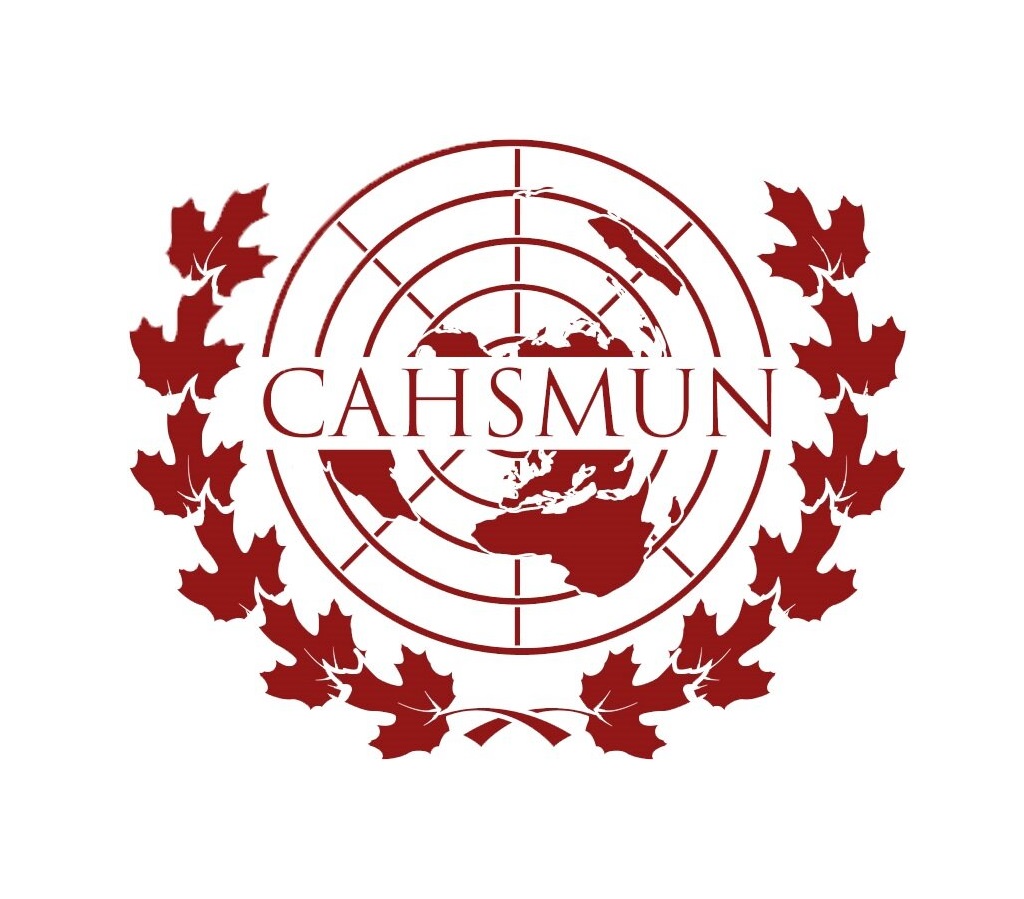“Diseases don’t stop at borders, so solutions shouldn’t either,” said the delegate of Cyprus as she addressed the importance of multi-national support when it comes to beating zoonotic disease. CAHSMUN’s WHO started off strong Saturday morning with a moderated caucus on helping developing countries fight zoonotic diseases.
Recent years have seen in increase in zoonotic disease on an international level, with avian flus and various other infections becoming more common. While all nations are at risk of contracting these diseases, developing nations are more susceptible to these types of infections.
Because developing nations often have less access to medicine and vaccines, they are at a high risk of contracting zoonotic diseases. To make matters worse, many of these nations rely on their agriculture industry as a source of income. Unfortunately, due to the close contact with animals, zoonotic diseases are often contracted by framers in developing nations. Developing nations must choose between their economies, or the health and safety of their citizens, which is an unfair call that no government should have to make.
Throughout the moderated caucus, delegates expressed their concern for the matter and began to consider solutions. A common theme amongst developing countries is that they do not want money thrown at them. Yes, they want funding, but what they need is training and outreach programs, medical education and affordable healthcare. The delegate of Cuba even said that “We don’t want to be dependent on the United States.” Cuba then went on to express an interest in programs such as Doctors Without Borders. To combat zoonotic disease, developing need international help, but they also must remain financially independent.
After the successful moderated caucus, the committee then held a fifteen minute unmoderated caucus. During this time, Euronews visited two blocs to listen to their potential solutions. The first bloc was led by Somalia and the Central African Republic and they discussed applying regionally specific solutions. Different regions have different problems, therefore different measures must be taken. This bloc included many African nations as well as a few Asian nations.
The second bloc that Euronews visited was Bloc PROTECT. They were being led by Cameroon and New Zealand and they were discussing establishing an efficient multi-national organization that provides cheap medicine against zoonotic diseases. They were planning to implement a relief team that would provide jobs to response workers. PROTECT says that the medicine that they plan to distribute is affordable and biodegrable.
Now that numerous blocs have been established, delegates can begin writing resolutions and apply their solutions to this dangerous issue.
